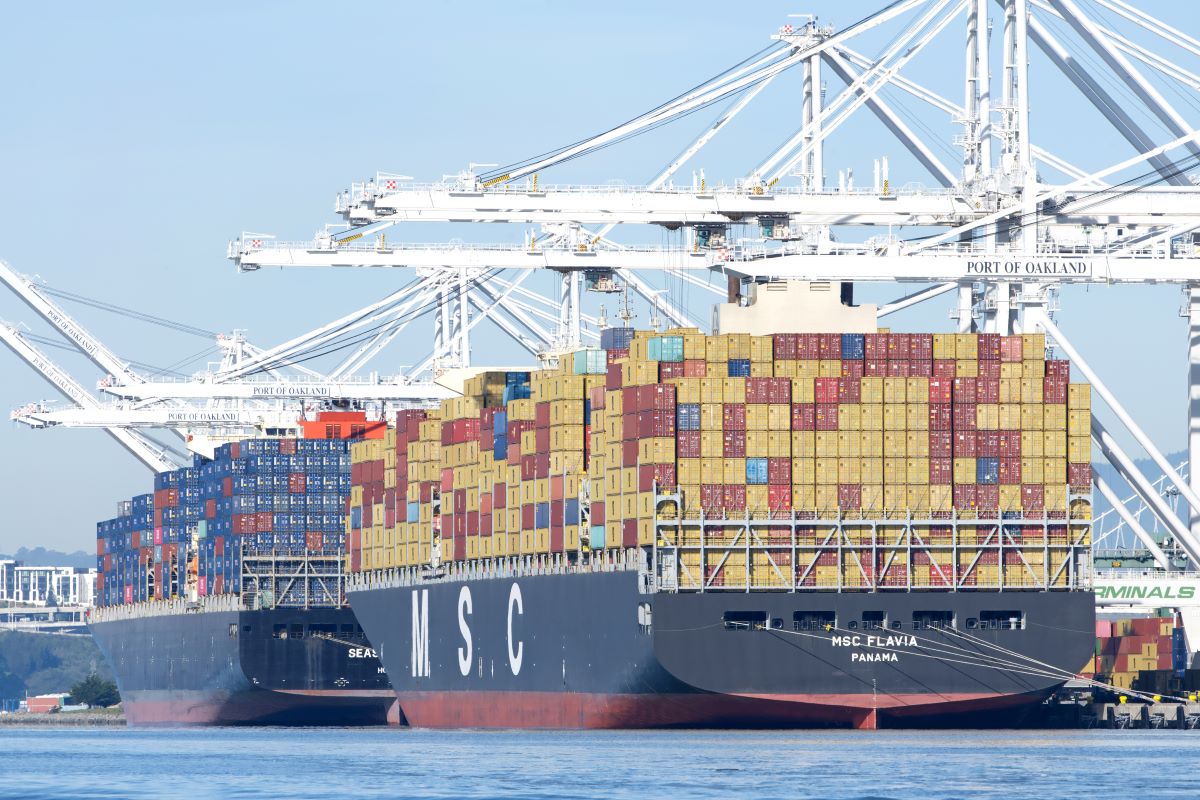By: Doug Baker, Vice President, Industry Relations, FMI

Today, the grocery industry is facing new challenges in supply chain management. In many respects, the industry continues to face new and on-going disruptions in the post pandemic era. Most prognosticators acknowledge it is becoming increasingly difficult to predict the future given the continued volatility, uncertainty and speed of change.
Forecasting consumer demand and adapting to market changes are core challenges for supply chain professionals. Thriving companies prioritize agile and resilient supply chains over fragmented siloed operations. They transition to fully integrated networks capable of swiftly responding to evolving consumer behaviors and market dynamics.
Technological innovations are fundamentally transforming what is possible. New advances in computing technologies allow real-time access to actionable data and insights with enhanced levels of granularity. The possibilities for supply chain transformation are enormous — challenging the grocery industry to innovate faster.
The FMI Supply Chain Forum, held in Nashville from September 16-18, 2024, will explore essential adaptations for success in today's evolving landscape. Improved efficiency is key for stronger supply chains, hinging on collaboration, information sharing and trust among trading partners, necessitating a gradual paradigm shift across the entire value chain.
FMI Supply Chain Forum: Driving Efficiency & Resiliency in the Grocery Supply Chain
Designed to empower leaders with strategy, vision and leadership, the forum provides insights and tools to navigate today and in the future. The core components of the program will focus on visibility, analytics, planning and strategic decision making to continuously evolve your supply chain strategy to meet current and future needs.
Areas of focus will include:
- Improving supply chain visibility for better demand anticipation and disruption mitigation.
- Enhancing decision-making with real-time data sharing among retailers and suppliers.
- Utilizing advanced forecasting models to optimize inventory and promotions.
- Fostering collaboration from farm to fork for real-time product tracking and inventory optimization.
- Embracing digital transformation for supply chain optimization.
- Cultivating a digitally enabled workforce and operating model and much more.
The fundamental role of the supply chain is to fulfill demand and enable profitable growth by better serving consumers through a cost efficient and resilient supply chain. Whatever the future looks like, companies must adapt to today's new realties and take a long-term view of their supply chain performance capabilities and goals.
Registration is now open. Bring your team along and receive a group registration discount.


 Industry Topics address your specific area of expertise with resources, reports, events and more.
Industry Topics address your specific area of expertise with resources, reports, events and more.
 Our Research covers consumer behavior and retail operation benchmarks so you can make informed business decisions.
Our Research covers consumer behavior and retail operation benchmarks so you can make informed business decisions.
 Events and Education including online and in-person help you advance your food retail career.
Events and Education including online and in-person help you advance your food retail career.
 Food Safety training, resources and guidance that help you create a company food safety culture.
Food Safety training, resources and guidance that help you create a company food safety culture.
 Government Affairs work — federal and state — on the latest food industry policy, regulatory and legislative issues.
Government Affairs work — federal and state — on the latest food industry policy, regulatory and legislative issues.
 Get Involved. From industry awards to newsletters and committees, these resources help you take advantage of your membership.
Get Involved. From industry awards to newsletters and committees, these resources help you take advantage of your membership.
 Best practices, guidance documents, infographics, signage and more for the food industry on the COVID-19 pandemic.
Best practices, guidance documents, infographics, signage and more for the food industry on the COVID-19 pandemic.
